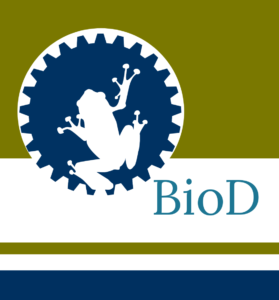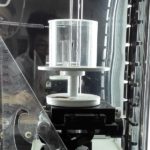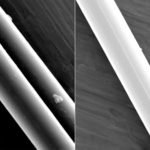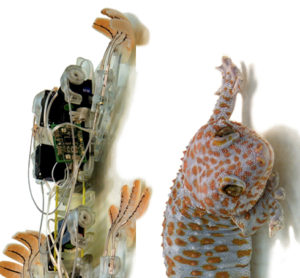News, Spider silk could be used as robotic muscle
Unusual property of the ultrastrong material could be harnessed for twisting or pulling motions: Spider silk, already known as one of the strongest materials for its weight, turns out to have another unusual property that might lead to new kinds of artificial muscles or robotic actuators, researchers have found. The resilient fibers, the team discovered, respond very strongly to changes in humidity. Above a certain level of relative humidity in the air, they suddenly contract and twist, exerting enough force to potentially be competitive with other materials being explored as actuators — devices that move to perform some activity such as controlling a valve. These researchers “have used silk’s known high sensitivity to humidity and demonstrated that it can also be used in an interesting way to create very precise torsional actuators,” says Yonggang Huang, a professor of civil and environmental engineering and mechanical engineering at Northwestern University, who was not involved in this work. “Using silk as a torsional actuator is a novel concept that could find applications in a variety of fields from electronics to biomedicine, for example, hygroscopic artificial muscles and humidity sensors,” he says.
Learn about our two Decals!
 Click here to find out more about our Fall Bioinspired Design Decal and our Spring Bioinspired Design in Action Decal – ALL MAJORS are welcome.
Click here to find out more about our Fall Bioinspired Design Decal and our Spring Bioinspired Design in Action Decal – ALL MAJORS are welcome.Berkeley BioDesign Community
 Click here to learn about the BioD: Bio-Inspired Design @ Berkeley student organization or here to signup for more info.
Click here to learn about the BioD: Bio-Inspired Design @ Berkeley student organization or here to signup for more info.Search
Student Login





I imagine that the neurological circuits underlying these processes are governed by both 2d spacing maps with their brains as…
to reduce the impact of car accidents, it may be possible to study the force diverting physics of cockroaches to…
you see this type of head-bobbing stability in many avian creatures related to pigeons like chickens. the head ability to…
not like they taught horses how to run! this is an example of convergent evolution where both sea creatures and…
The brain functions in a similar way with neuronal connections. our brains are able to utilize the multiplicity of connections…